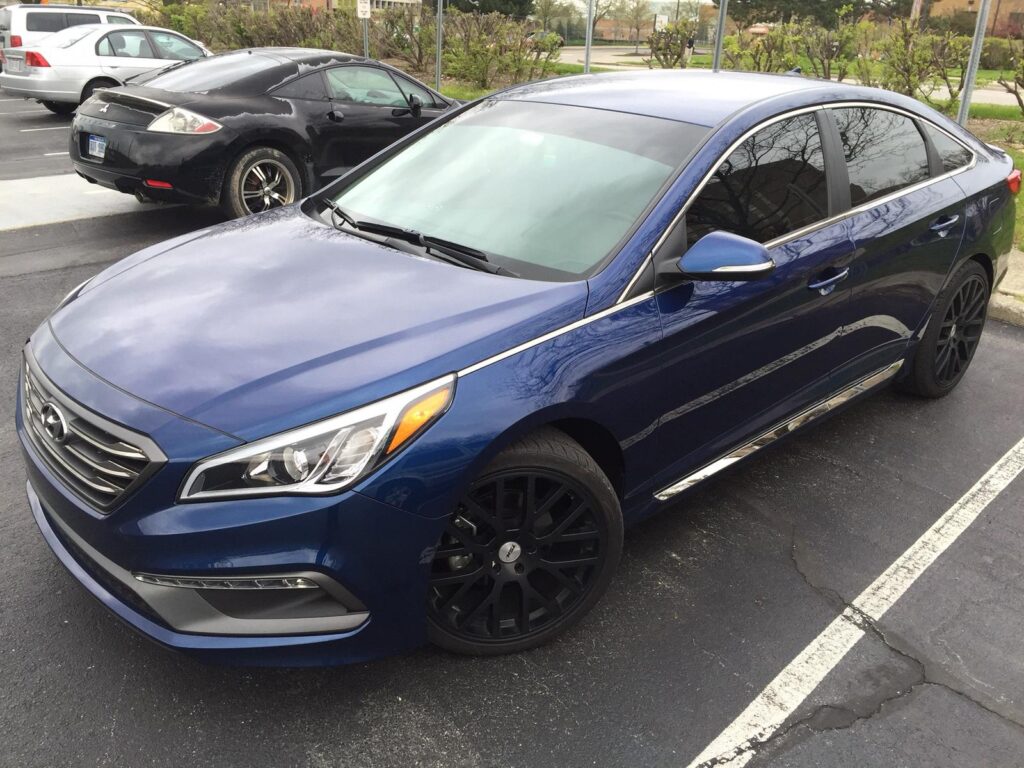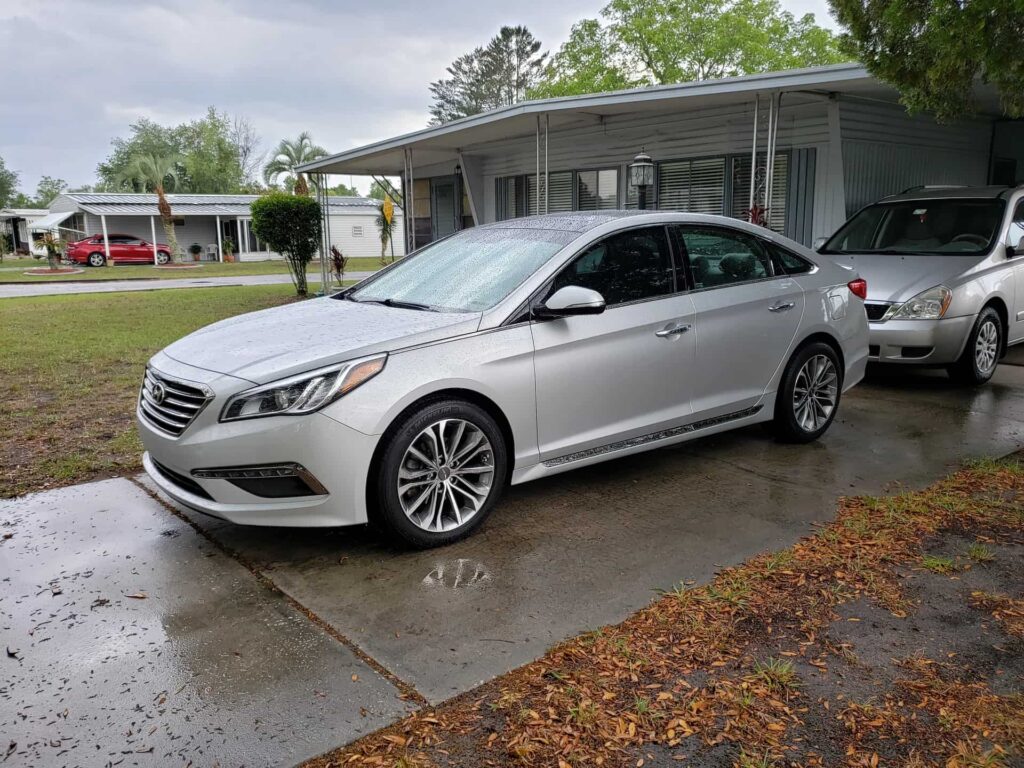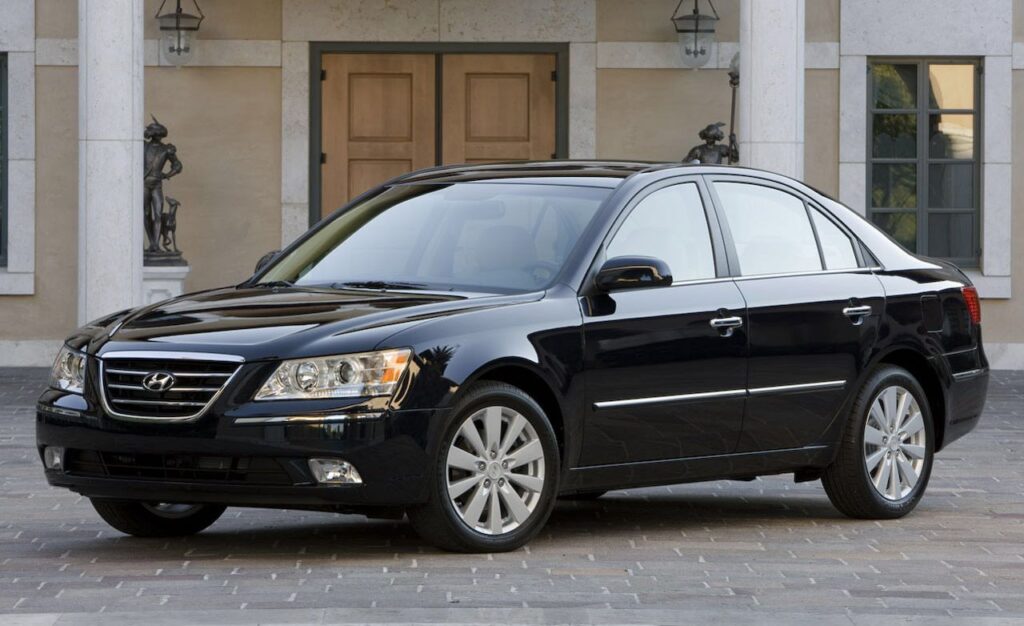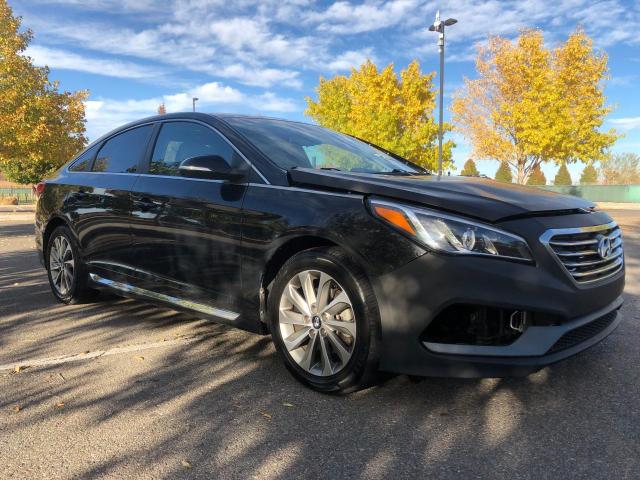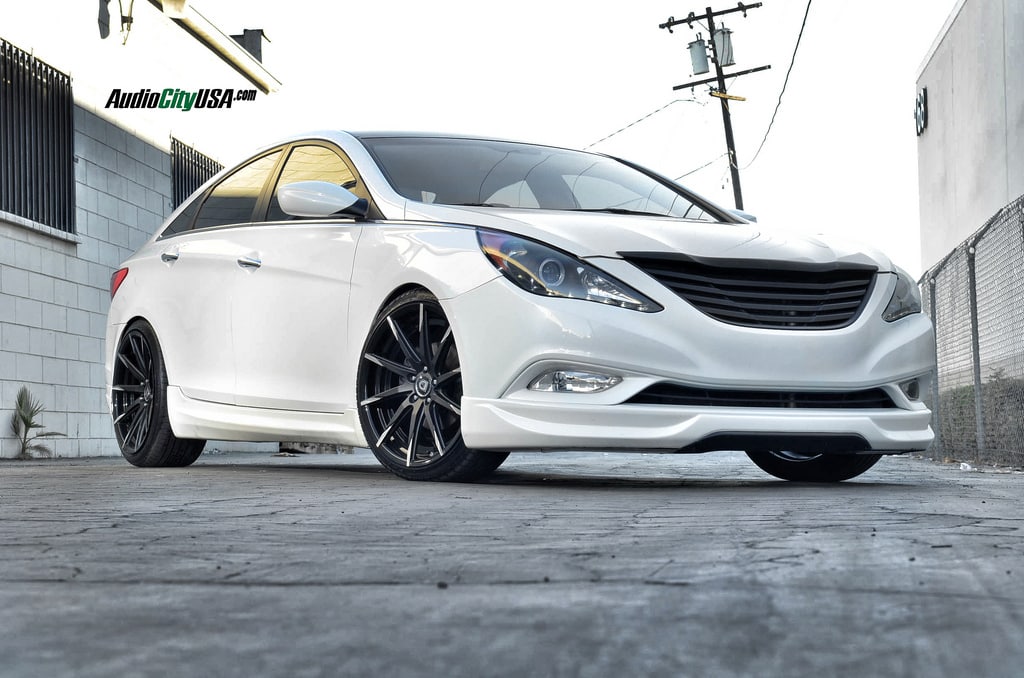As a proud owner of a 2008 Hyundai Elantra, I have always appreciated its smooth ride and fuel efficiency. Over the years, I have taken great care of my vehicle by ensuring that I follow the recommended maintenance schedule and using the correct oil type. By doing so, I have managed to keep my Elantra running smoothly, even after logging many miles on the odometer.
Using the right type of oil for your vehicle is critical for maintaining optimal performance and prolonging the life of your engine. The oil serves as a lubricant, helping to reduce friction between the engine’s moving parts. It also helps to keep the engine cool, clean, and free from contaminants. By following the manufacturer’s recommendations for oil type and viscosity, you can ensure that your 2008 Hyundai Elantra continues to deliver a reliable and efficient driving experience.
What Kind Of Oil Does A Hyundai Elantra 2008 Take?
The owner’s manual for the 2008 Hyundai Elantra recommends using engine oil with a viscosity grade of SAE 5W20 or 5W-30. Additionally, the oil should meet the API SJ, SL, or higher service classifications and ILSAC GF-3 or higher performance standards. By using oil that meets these specifications, you can be confident that your engine will receive the proper lubrication and protection it needs.
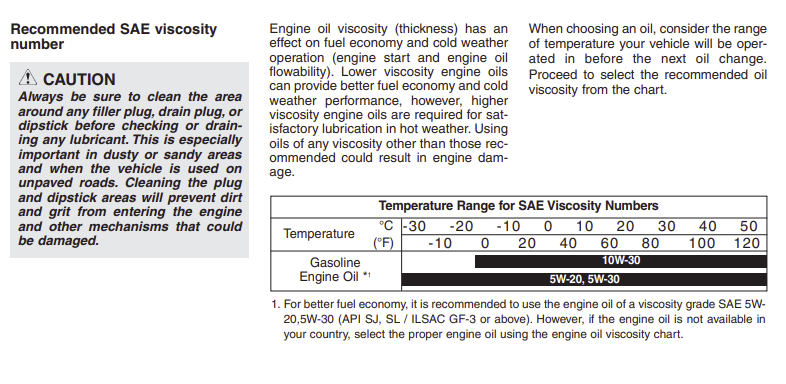
The viscosity of the oil, represented by the SAE (Society of Automotive Engineers) rating, plays a crucial role in the performance of the engine. The recommended viscosity grades of 5W20 and 5W-30 are designed to provide an ideal balance between fuel economy, cold weather performance, and sufficient lubrication in hot weather conditions.
The API (American Petroleum Institute) and ILSAC (International Lubricant Standardization and Approval Committee) classifications ensure that the oil meets specific performance standards related to engine protection, emissions system compatibility, and fuel efficiency. By using an oil that meets the recommended API and ILSAC classifications, you can trust that your 2008 Hyundai Elantra’s engine will receive the appropriate level of protection and function optimally.
The Role of Viscosity in Oil Selection
Viscosity, or the thickness of the oil, plays a crucial role in how well the oil performs in various conditions. The viscosity of the oil can directly impact the fuel economy and the engine’s ability to start and operate smoothly in cold weather. In general, lower-viscosity oils flow more easily and quickly, reducing friction between engine components, which can lead to better fuel economy and improved cold-weather performance.
Oils with lower viscosity, like SAE 5W20 and 5W-30, are more fluid at lower temperatures. This allows the oil to flow more easily and quickly through the engine, reducing friction and providing better protection to the engine components. As a result, lower viscosity oils contribute to improved fuel economy and better cold-start performance, ensuring the engine remains well-lubricated even in colder conditions.
Higher viscosity oils are necessary in hot weather to maintain adequate lubrication and protect the engine from wear and tear. Oils with higher viscosity tend to be thicker, providing a more robust protective film between the engine components. This film helps prevent metal-to-metal contact, reducing friction and wear, which is particularly important when operating the vehicle in hot climates or under heavy loads.
Following the recommended oil viscosity for your 2008 Hyundai Elantra is crucial to prevent potential engine damage. Using oil with a too-low viscosity may not provide sufficient lubrication in hot conditions, leading to increased wear and possible engine damage. Conversely, using oil with a viscosity that is too high can reduce fuel efficiency and make it difficult for the engine to start and operate smoothly in cold weather. By sticking to the recommended viscosity grades, you can ensure that your engine remains well-lubricated and protected in a variety of conditions.
Factors to Consider When Choosing an Oil
One of the key factors to consider when choosing an oil for your 2008 Hyundai Elantra is the range of temperatures you expect to encounter before your next oil change. Since oil viscosity plays a critical role in engine performance under different temperature conditions, it’s essential to select an oil that can effectively protect your engine in the specific climate you’ll be driving in.
For instance, if you live in an area with extremely cold winters, you might prioritize a lower-viscosity oil for better cold-start performance. Conversely, a higher-viscosity oil might be more appropriate for optimal lubrication under high temperatures if you reside in a region with hot summers.
Another factor to consider when selecting an oil is your personal driving habits and the conditions you regularly face. If you frequently drive in heavy traffic, tow a trailer, or drive in dusty environments, you may require oil with better wear protection and higher detergency properties. On the other hand, if most of your driving involves long highway trips, you may prioritize an oil that offers better fuel economy.
In either case, be sure to consult your owner’s manual for the recommended oil specifications and consider how your specific driving conditions may impact the performance of your engine and the protection it requires.
Engine Oil Capacity and Filter Maintenance
When it’s time for an oil change in your 2008 Hyundai Elantra, the engine oil capacity is 4.23 US quarts (4.0 liters). Ensure that the oil you choose meets the recommended API Service SJ, SL, higher classifications, ILSAC GF-3, or higher performance standards. Following these specifications will guarantee that your engine receives the necessary lubrication and protection.
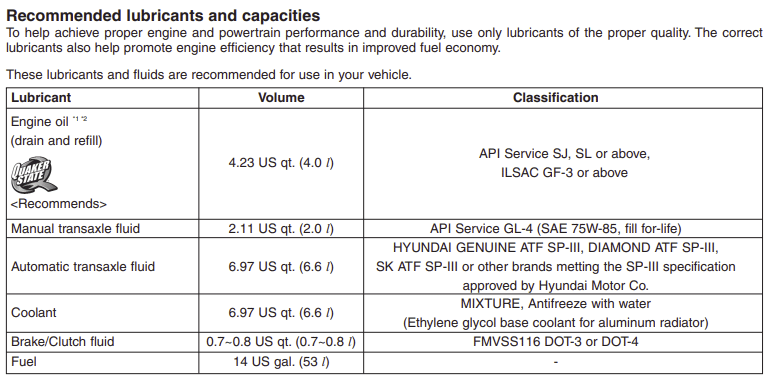
To keep your 2008 Hyundai Elantra running at its best, it’s essential to adhere to a regular oil and filter change schedule. According to the owner’s manual, you should replace the engine oil and filter every 7,500 miles or 12 months, whichever comes first. This maintenance interval ensures that your engine stays clean and well-lubricated, preventing excessive wear and extending the overall life of your vehicle. Keep in mind that if you frequently drive in severe conditions, such as heavy traffic, extreme temperatures, or dusty environments, you may need to change your oil and filter more frequently.
Conclusion
In conclusion, using the recommended oil type and viscosity for your 2008 Hyundai Elantra is crucial. Adhering to these guidelines ensures that your engine receives the proper lubrication and protection it needs to function optimally under various driving conditions and temperatures. Using the right oil helps maintain fuel efficiency and performance and prevents potential engine damage and costly repairs down the road.
By following the recommended oil change intervals and using the appropriate oil type and viscosity, you can significantly impact the longevity and performance of your 2008 Hyundai Elantra. Regular oil and filter changes help keep your engine clean, well-lubricated, and protected from excessive wear, contributing to a smoother and more reliable driving experience. By taking these steps, you can enjoy many more miles of dependable performance from your Elantra and ensure that your vehicle remains a valuable asset for years to come.

